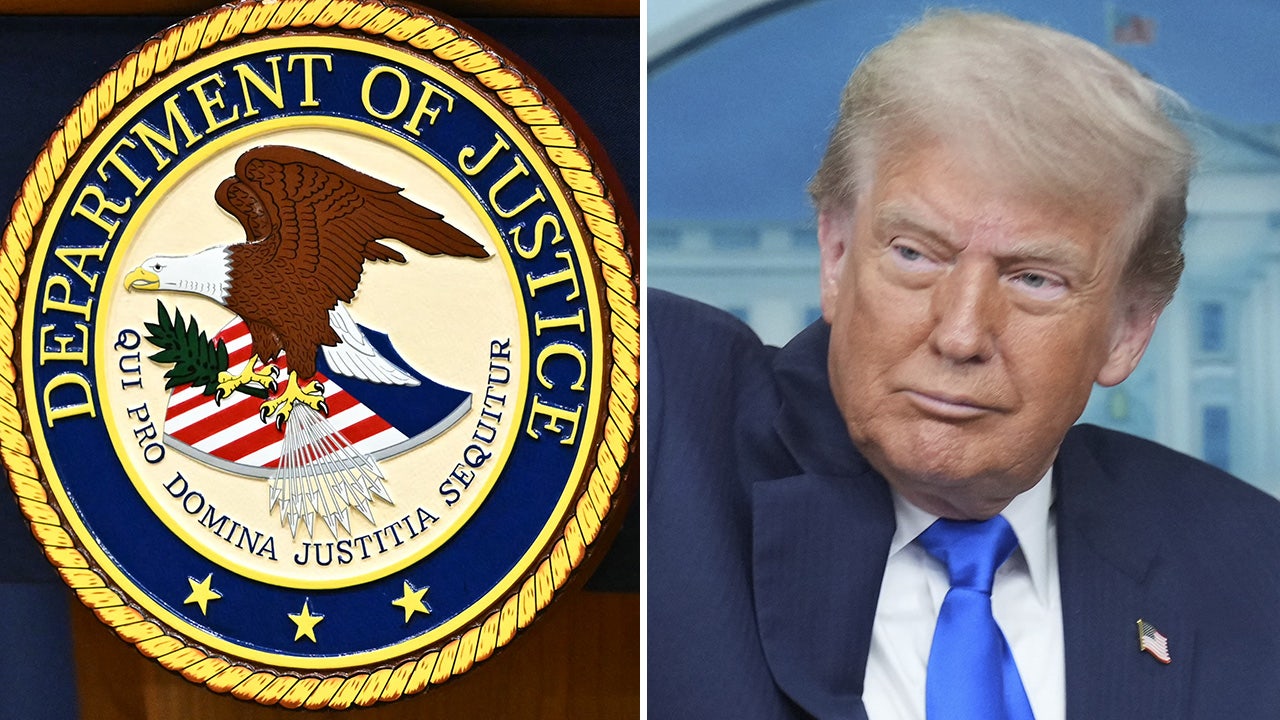
DOJ Push for Denaturalization Raises Deep Concerns About Citizenship and Due Process
So here's what’s happening right now in the U.S.—and it’s something we all need to be paying attention to. The Department of Justice has announced that it’s prioritizing efforts to revoke U.S. citizenship from certain naturalized Americans. This isn’t just a vague legal shift—it’s a memo that lays out an aggressive plan to pursue civil denaturalization cases, particularly against individuals who committed serious crimes either before or after gaining citizenship. And it’s happening under the current Trump administration.
Now, historically, denaturalization was used sparingly. We’re talking about going after war criminals or people who obtained citizenship through outright fraud—like hiding their involvement in atrocities. During the McCarthy era, it was wielded as a political weapon. After that, it tapered off dramatically following a 1967 Supreme Court ruling that said creating two tiers of citizenship was un-American.
But what we’re seeing now is a re-expansion of this tactic—on a scale and with a level of discretion that’s causing concern among immigration and constitutional law experts. Assistant Attorney General Brett Shumate made it clear: the DOJ’s Civil Division is going to “maximally pursue” denaturalization wherever the law and evidence allow. That includes not just fraud or terrorism-related offenses, but also broader crimes like Medicaid fraud or even gang affiliation.
Also Read:- Leafs Bring Home Toughness: Michael Pezzetta Signs Two-Year Deal
- Canadiens Secure Kaapo Kähkönen in Key Depth Move After Primeau Trade
Here’s the catch—these denaturalization cases are being handled in civil court. That means people can lose their citizenship without a public defender, because there’s no right to a government-paid lawyer in civil cases. The burden of proof is also lower in civil proceedings than it would be in criminal court. So essentially, it’s now easier and faster for the government to strip someone of their citizenship.
One recent case is drawing a lot of attention. Elliott Duke, a U.S. Army veteran originally from the U.K., was denaturalized after being convicted of distributing child sexual abuse material. Duke admitted to committing the crime before they became a citizen and failed to disclose it. The case is undeniably serious—but it’s also raising alarms. Duke had already revoked their British citizenship to become American. So now, they're stateless—completely without a country.
Critics say this opens the door to a dangerous precedent. If we can revoke citizenship based on post-naturalization behavior—or even vague suspicion—then where does it stop? Could it reach people who made minor errors in paperwork years ago? Or someone with a conviction that’s unrelated to their immigration history?
And what about the families? Children whose citizenship came through a now-denaturalized parent may also find their status at risk. That ripple effect can destabilize entire communities.
On the other side of the debate, supporters argue this is about protecting national security and ensuring that the privilege of citizenship isn't abused. But the broader implications—due process concerns, equal protection under the law, and the potential for arbitrary enforcement—are too serious to ignore.
We’re not just talking about immigration policy anymore. We’re talking about the very definition of what it means to be an American—and whether that identity is truly permanent and equal for all citizens, or subject to change depending on who’s in power. This DOJ initiative could redefine the stakes for millions of naturalized Americans.
Read More:



0 Comments